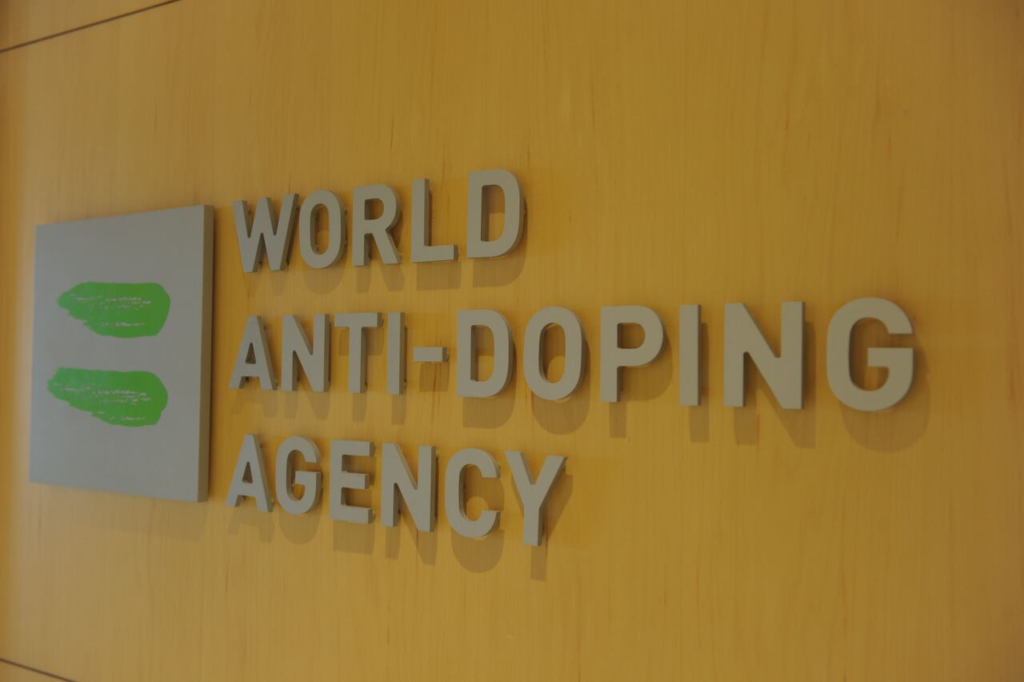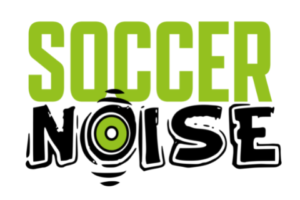Soccer is a demanding sport which requires a lot of effort and skill. In order for a player to finish 90 minutes of play, he has to run an average of 10km and burn around 800 calories. This will pose the question: is the soccer game really clean? Does a multi trillion-dollar sport completely adhere to the laws imposed by FIFA and the relevant authorities regarding doping and steroids? As someone who has played the game since I was a child I’ve often marveled at the ability of professionals to play at such a high pace and intensity for so long. Sometimes 120 minutes of sprinting up and down. Is it really all just down to natural athleticism, great nutrition and professional level fitness coaching?
Are Soccer Players on Steroids? No. With the stringent measures put in place to test the worlds elite soccer players it is highly unlikely that there is a genuine and widespread performance enhancing drugs problem. When it comes to the classic “steroids”, there are now many safer and more effective ways to boost performance. Some within the laws, some not and many that fall into the grey area.
It does happen though, there have been cases, both prominent and under the radar where players have tested positive for Performance Enhancing Drugs (PEDs) before we look at that, let’s narrow down exactly what we are talking about.

What are steroids and why are they often mentioned in relation to sports?
Steroids are performance-enhancing drugs that help sport players to improve their stamina or endurance especially in crucial games. The process is usually referred to as “doping” which means consuming these substances.
Doping has usually been reported to be prominent in individual sports such as Tennis, cycling, weight lifting and other Olympic competition games, players use it to boost their stamina and strength and risk facing exorbitant charges that sometimes cost them their career.
In addition to the short-term performance enhancement, steroids have long lasting side effects that damage the mental and physical health of consumers, that is why this type of substances is banned: so we can prevent unfair play and keep a healthy sport environment.
What do these drugs exactly do to make players risk their career and reputation for some improvement?
Doping includes a huge range of steroids, some stimulate the muscles and enhance strength, some help with fat burning to give you a good aesthetic shape and some help with a faster recovery during injury.
Taking these drugs to improve your recovery is often used in sports and is, to some extent, allowed. That is why you hear of football players returning to the pitch after only 45 to 60 days of ACL (anterior cruciate ligament) injury.
However, taking steroids intentionally or unintentionally in order to enhance performance is prohibited and is viewed as an illegal practice in sports and practically soccer, and any player who gets reported doping faces extreme punishments from FIFA.

Real cases of soccer players reported consuming steroids and performance enhancing drugs
Rio Ferdinand missed a drug test back in 2003 and was banned from the game for 8 months and fined £50,000. These punishments show how seriously FIFA takes doping and how the reaction would be just for missing a test. Even after passing the drug test just 24 hours later, Man United defender could not convince the English football association and still did not play for 8 months.
Former Middlesbrough defender Abel Xavier was banned from football for 18 months in 2005 after positive test results proving the presence of anabolic steroids in his body.
Mamadou Sakho as well was accused of consuming fat-burning drugs that were banned by the regulatory organizations. This was following a Europa League game in 2016 for Liverpool but the UEFA dismissed the charges against him at the end.
The most famous steroid-related case in football was the suspension of Diego Maradona from the FIFA World Cup Tournament in the United Stated in 1994. This was following a game against Greece and a failed test for Ephedrine which is a stimulant. Maradona’s goal celebration was iconic and is still remembered until now. That was Maradona’s last game with the Argentinian national team.
Maradona was also suspended from soccer for 15 months in 1991 with Napoli after failing a cocaine doping test.
Many leagues in the world implement prohibiting measures against steroids and the use of any drugs if it exposes consumers to undesirable side effects or would enhance their performance. Yet, players do not stop violating these substance-abuse laws and, other than steroids, recreational drugs have also made the show sometimes.
Failing recreational drug tests is not a rare thing in the world of football. Many anonymous testimonies suggest that some footballers use cocaine regularly even to improve their preparedness. Cases such as Diego Maradona, Samir Nasri, Pero Captain Paolo Guerrero… are all proof that soccer is not totally clean and is subject to a number of violations that need to be monitored and adequately punished so we can stop these habits and improve football and sports as a whole.
How do players on Steroids get caught or reported?
In order to track the use of such substances, regulatory bodies put in place some measures such as random testing and as well as regular medical checks, players have to show up to the test in time or provide a sample before a deadline. Failing to do so even if the test is later passed will result in a ban for several months such as the case of Rio Ferdinand.
Some players use “maskers” which are other drugs that are allowed by the authorities but they mask the presence of steroids or performance-enhancing drugs just to pass doping tests.

Are steroids really a threat to football? Are they often used in this discipline?
Soccer is not really a steroid dependent sport. It is true that in some tournaments like the World Cup or the Champions League, the level of stamina is more important and therefore players tend to use some kinds of anabolic steroids with the most known one as nandrolone. But these tournaments are well maintained and testing procedures are in place.
Most players use steroids that help with recovery rather than those which burn fat or improve endurance. Some of these are medically approved by experts and their use is non prohibited.
There was a reported case involving the English player Dave Kitson who took steroids for longer than needed during an injury in his career. He said that these substances helped him with strength and endurance and also added that many English players use steroids as well as recreational drugs.

Finally, it is imperative to say that steroids have been banned by FIFA and other individual authorities for many reasons, the most important of them is the sustainability of the game and the development of sports. Even if they give temporarily enhanced performances, they cause chronic diseases and fatal consequences in the long term. The World Anti-Doping Agency tries to implement effective measures to educate young players about these practices and prevent the spread of the doping culture within Football and sports generally.
